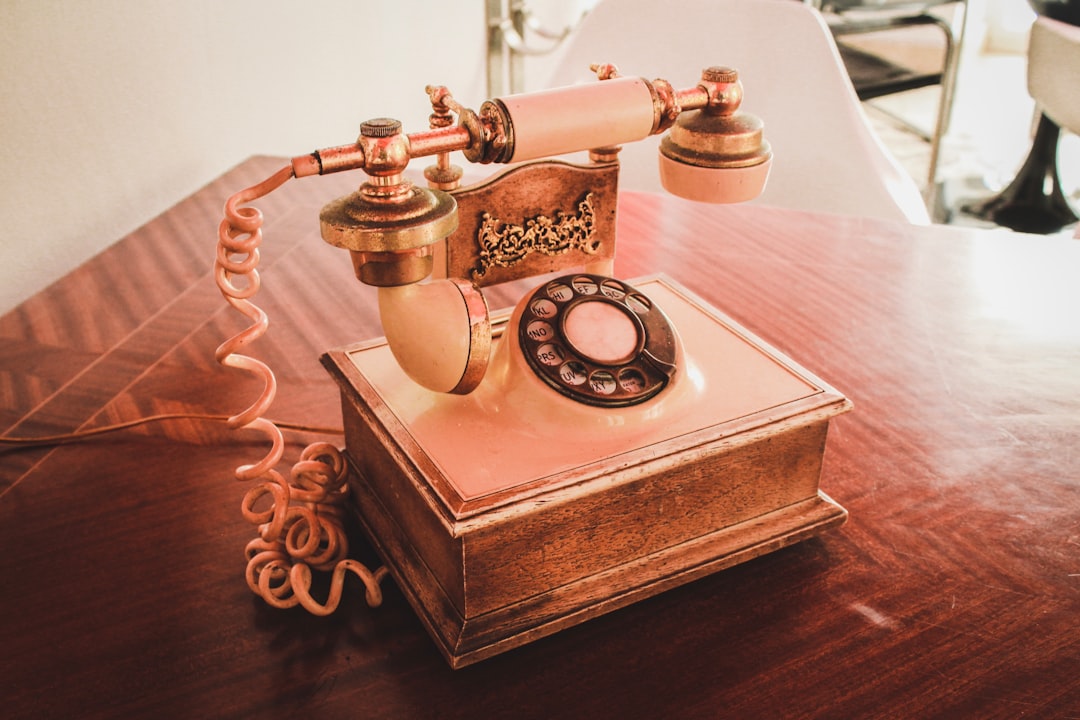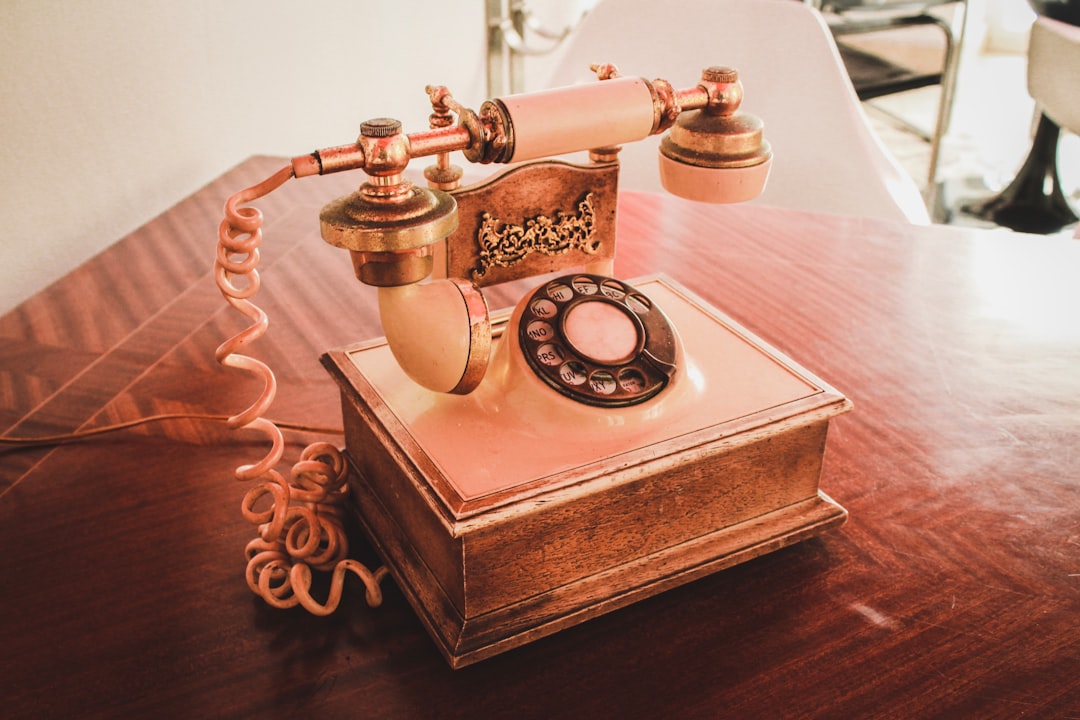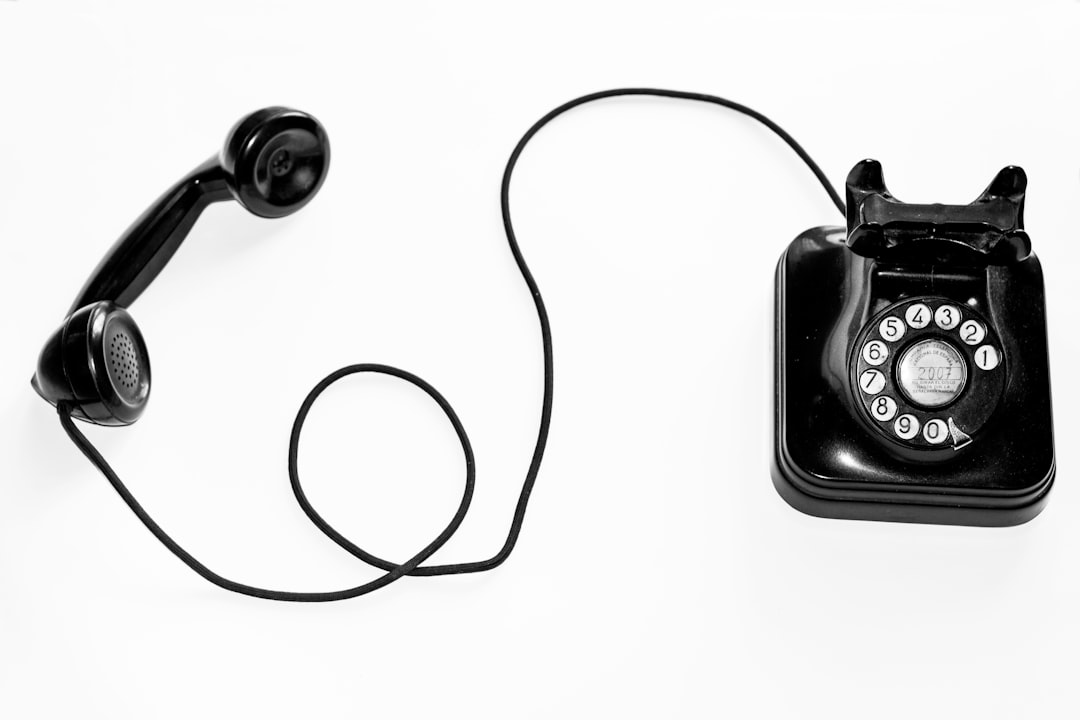In Louisiana, businesses promoting products over the phone are regulated to prevent aggressive calls. Robocalls—automated messages lacking human interaction—are illegal if they violate specific regulations, such as lacking an opt-out mechanism. Individuals who receive unwanted spam calls can consult a Louisiana Spam Call law firm or TCPA lawyer for legal options, including potential lawsuits under the Telephone Consumer Protection Act (TCPA). Many firms offer free consultations to help victims of robocalls in Baton Rouge and across Louisiana take action.
In Baton Rouge, as across the nation, the line between legitimate telemarketing and illegal robocalls can be blurred. Understanding the legal boundaries of telemarketing in Louisiana is crucial to protecting your rights. If you’re facing incessant spam calls or unsolicited robocalls, know that you may have legal recourse. This article explores how to distinguish legal from illegal telemarketing practices, what makes a call unlawful, and how to sue for robocalls in Louisiana with the help of specialized spam call lawyers and law firms. Discover your rights and take action against unwanted calls.
Understanding Legitimate Telemarketing and Its Legal Boundaries in Louisiana
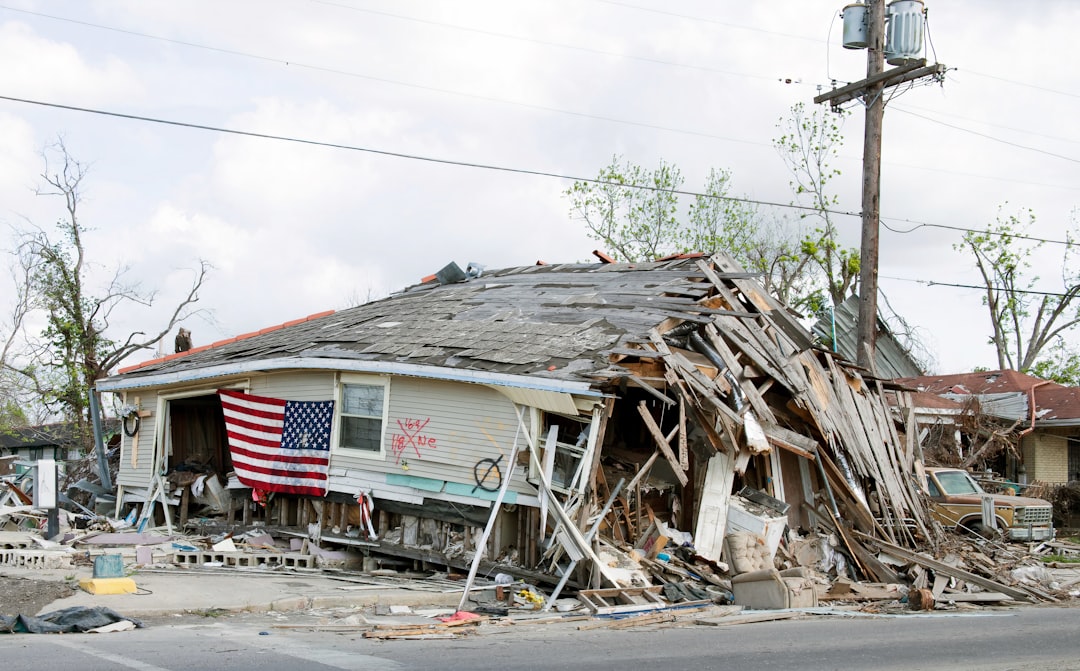
In Louisiana, legitimate telemarketing is a legal practice that involves businesses or organizations making sales or promoting products and services over the phone to potential customers. It’s regulated by laws designed to protect consumers from aggressive or unwanted calls. The Telephone Consumer Protection Act (TCPA) sets guidelines for call frequency, content, and consent, ensuring that companies respect individuals’ privacy and preferences.
Understanding when telemarketing crosses the line into illegal robocalls is crucial. Robocalls, often characterized by automated messages and lack of human interaction, are generally prohibited without prior explicit consent. If you’re receiving spam calls in Baton Rouge, knowing your rights under Louisiana’s spam call laws is essential. You may have the option to sue for damages if you’ve been affected by illegal robocalls, with legal help from a specialized firm or lawyer experienced in TCPA cases.
Recognizing Illegal Robocalls: What Makes a Call Unlawful?
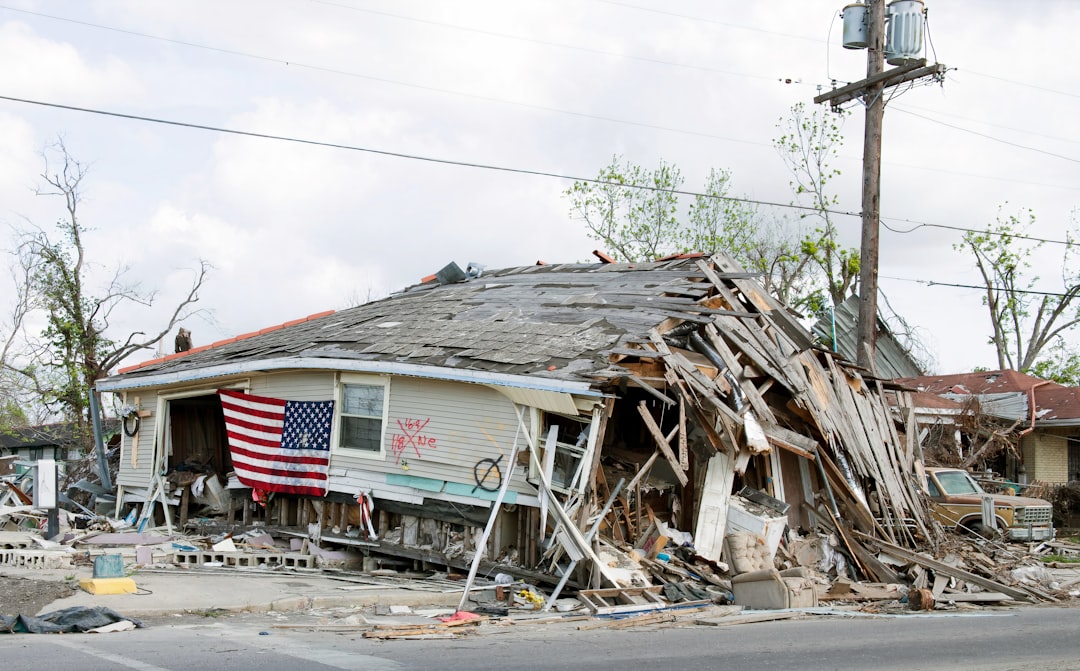
Recognizing Illegal Robocalls: What Makes a Call Unlawful?
In Baton Rouge or anywhere in Louisiana, a robocall is considered illegal if it violates the Telephone Consumer Protection Act (TCPA). This federal law prohibits automated telephone systems from calling phone numbers on a Do Not Call list or without the explicit consent of the recipient. Unwanted calls are often characterized by pre-recorded messages, automated dialers, and lack of personalized content.
If you receive spam calls promoting products, services, or soliciting business, it could be illegal if it fails to provide an opt-out mechanism or respects your decision to stop receiving such calls. Louisiana’s Spam Call law firm and lawyers specializing in TCPA cases can help determine if a call was unlawful and guide you on whether you have grounds to take legal action, including the potential to sue for robocalls in Louisiana.
Your Legal Recourse: Suing for Robocalls and Engaging Spam Call Lawyers in Baton Rouge
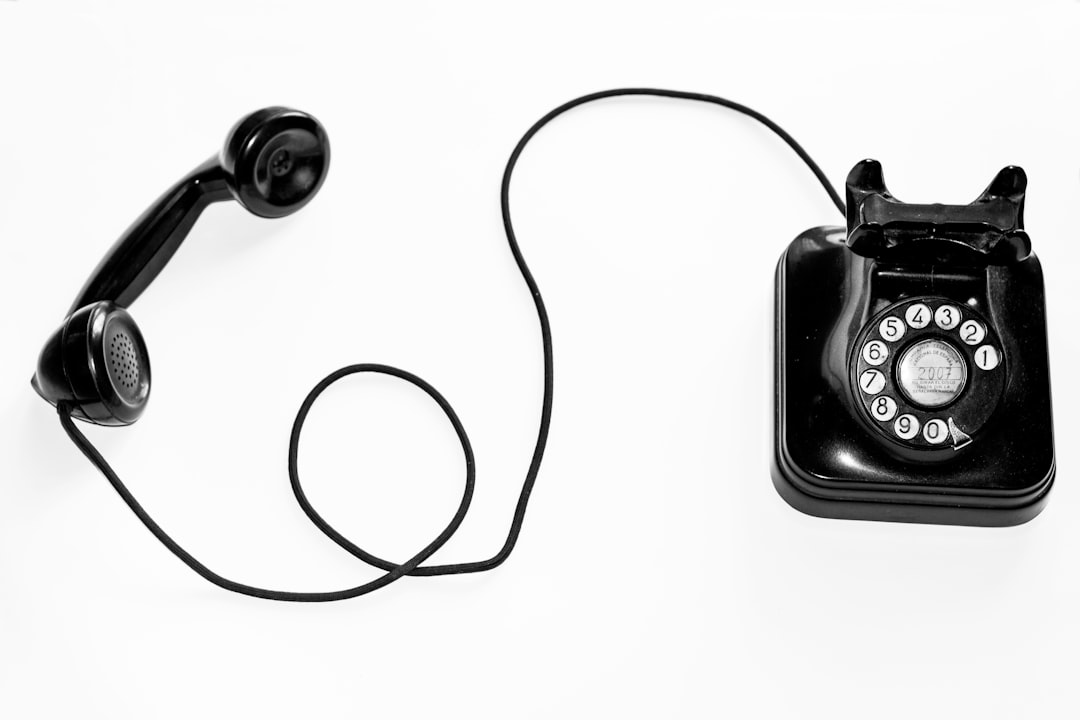
If you’ve been a victim of illegal robocalls or spam in Baton Rouge, you may have legal recourse. The Telephone Consumer Protection Act (TCPA) is a federal law designed to prevent companies from making unwanted automated calls. If your phone has received repeated spam or robocalls, you could be entitled to damages.
Consider reaching out to a spam call lawyer or law firm in Louisiana who specializes in TCPA cases. These legal professionals can help you understand your rights and guide you through the process of filing a lawsuit against the responsible party. Don’t hesitate to take action; many law firms offer free consultations, and you may be able to sue for robocalls in Louisiana to recover any financial losses or emotional distress caused by these unwanted calls.

